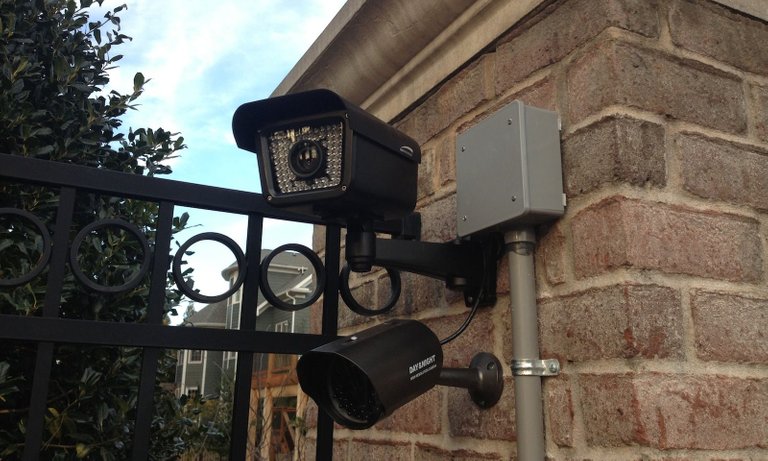
If you have bought your new security system to deter thieves and criminals or to keep an extra eye on the nanny, your system will definitely start paying for its own value from the first day of installation.
However, setting up and maintaining your security systems could get a bit messy when you're not a tech-pro! This does not mean you need to worry! Just follow some basic rules and that's it.
So, here's a light reading for you to get down-down on the best tips for installing new safety gear.
Configuration and placement
Get your angles right!
Want to keep an eye on the sleeping baby? Place a cam on the cradle. Hit the road for the holidays? Install one on the front door. Do you have tall trees and long shrubs? Get a camera or two for the backyard.
It is always important to capture the main areas of concern and record from right angles. For example, if you catch a person walking through the door but can not see your face clearly, then your investment in the 'extra eyes' will go to no avail. Another important tip is to get some additional mounting brackets in case you want to change the position of the cameras afterwards.
Put a name on each camera!
As all security cameras are placed in different parts of the house, you can easily get confused by seeing them all on a single screen. The best solution for this is to give different names to the cameras placed in different rooms or areas.
For example, you can easily name the cameras installed in the backyard, kitchen or baby's room. All this makes your system more manageable and easier to see.
Switch to wireless for long distances!
Most wireless systems allow you to consolidate the cams in a good range of 100 meters from the base station, both indoor and outdoor. This feature certainly makes the wireless cameras perfect for overseeing larger areas such as sheds, patios and other locations that could not be reached with the normal cable extension cable monitoring system.
Use and Monitoring
Turn on motion detection capabilities!
Modern security cameras are equipped with motion sensors to efficiently track suspicious activity. Make the most of your motion sensors by placing them seven feet high and facing them slightly down. This position will make a good difference in your motion detection capabilities.
Customize modes and settings!
After successfully configuring your cameras, the next big task is to customize the image recording and alarm settings. Set your recording modes and notification settings for your system to work and record your cams the way you want.
An example is to adjust the DVR / NVR recording settings. In "continuous" recording mode, all your images are stored in the disk space, while in the "programmed" mode, your DVR / NVR records only during the mentioned period of time.
Connect your cameras to the Internet!
When your cameras are connected to the Internet, you can see every corner of your home from your PC, even when you're at work or on vacation. This obviously gives you some peace of mind that your hard-earned assets are stored around the clock!
Maintenance and Software
Save energy when not in use!
You can always save battery power and extend your life by tuning the camera's recording settings. For example, it is not necessary to activate all motion detectors when everyone is at home. Another instance is that your visitors can get a little uncomfortable when they realize three surveillance cameras in the living room. Therefore, the best solution is to set timers for the cameras as well as sensors and deactivate them when you do not need them.
Make the most of your applications and software!
Your security system probably has some special applications and software that you can use to get 200% of them. For example, if your security provider is offering a specific mobile application or software, you can expect certain special controls in contrast to applications and software in general. These privileges can include personalized email alerts and push notifications for motion detection. So, now you just have to make one or more clicks to see what's happening at home!
Talk to the professionals!
Whatever system you buy in the market, there is a great chance that you will need help getting started with your system. It could be when installing the cables, configuring the hardware or dealing with the software. Whatever it is, it never hurts to get some expert advice from people who know they are the best.
Do you have any advice? Please share by comment.
Image from google

Have a good day! Thank you from @raviraj

It would be a good experience for your happy life
Thank you for your posting
Thanks @lahcen80
@raviraj i have followed you and i hope you follow me back and we upvote each other thanks